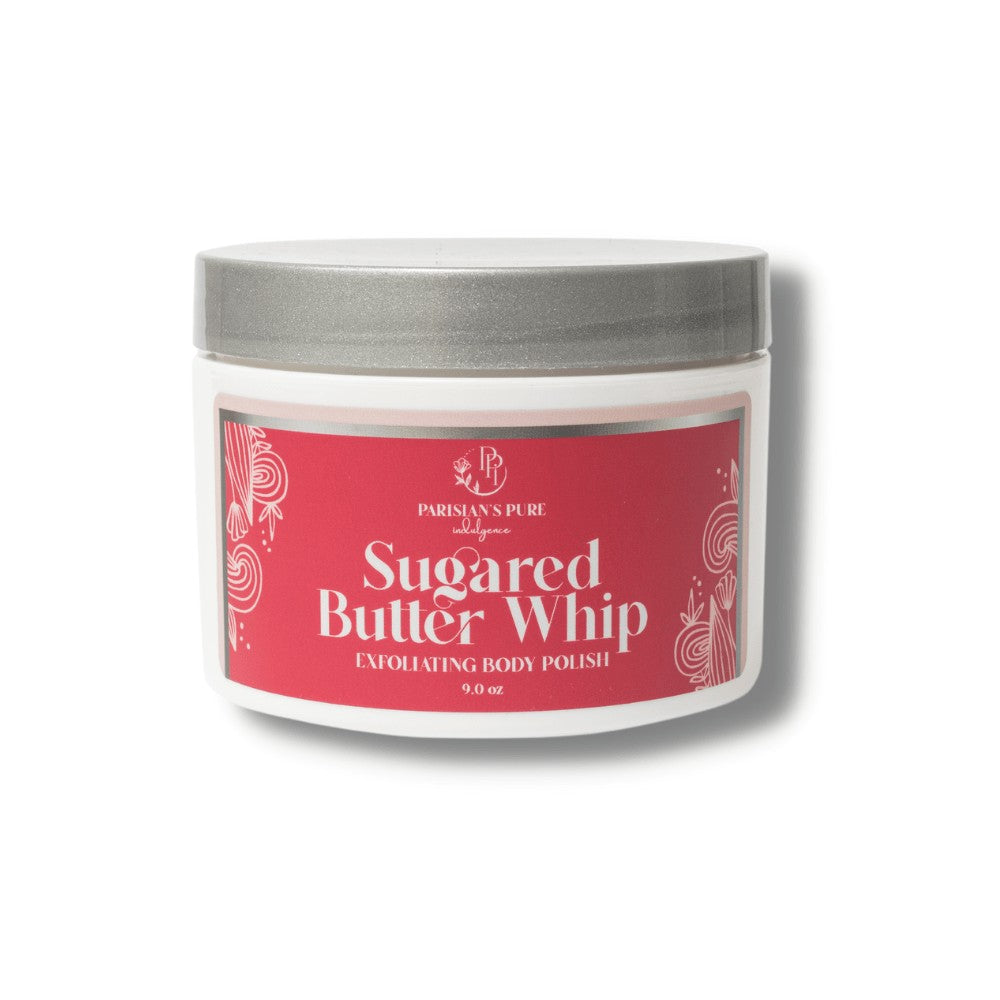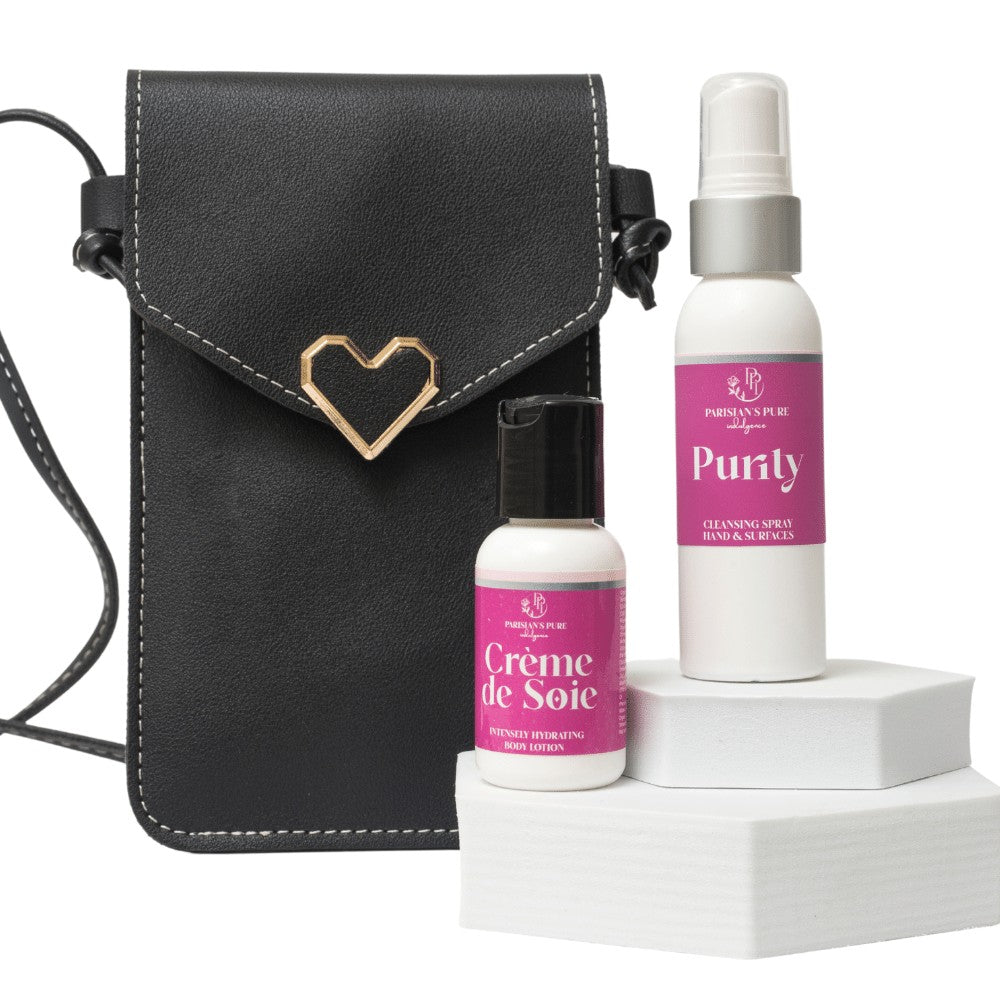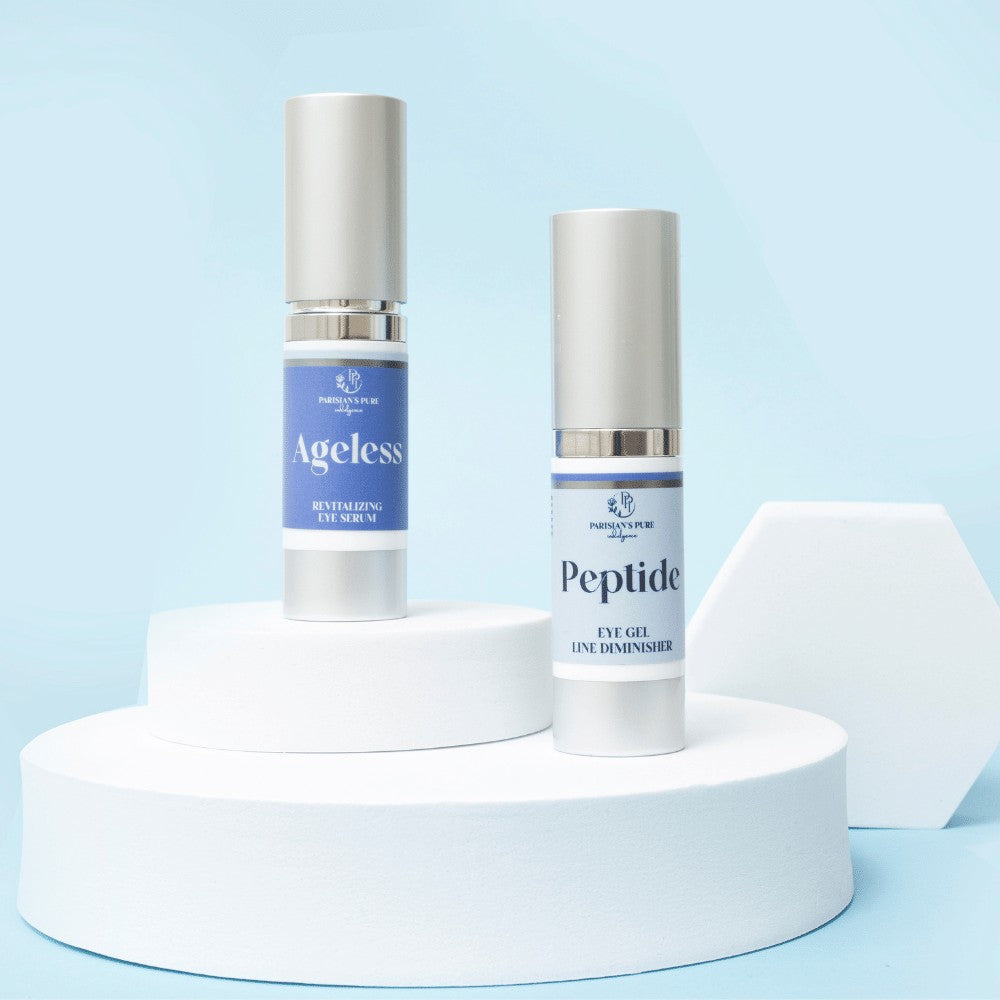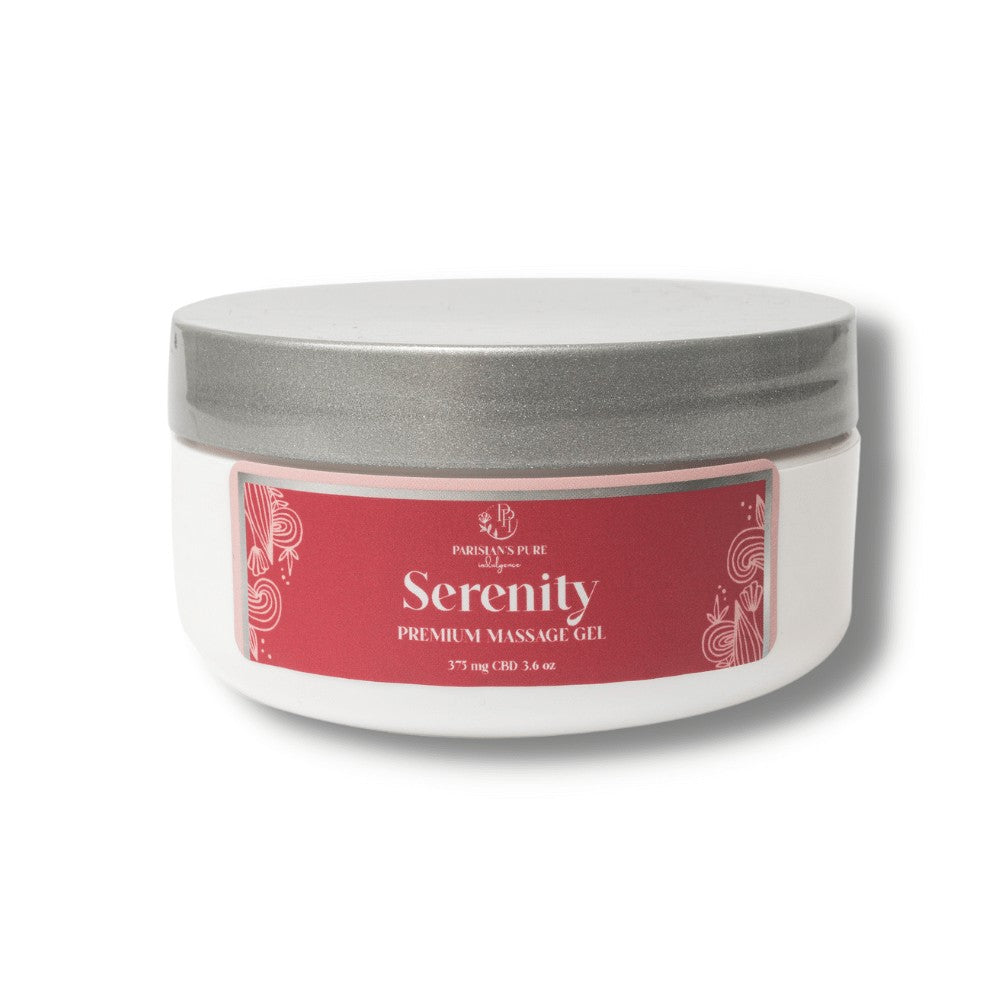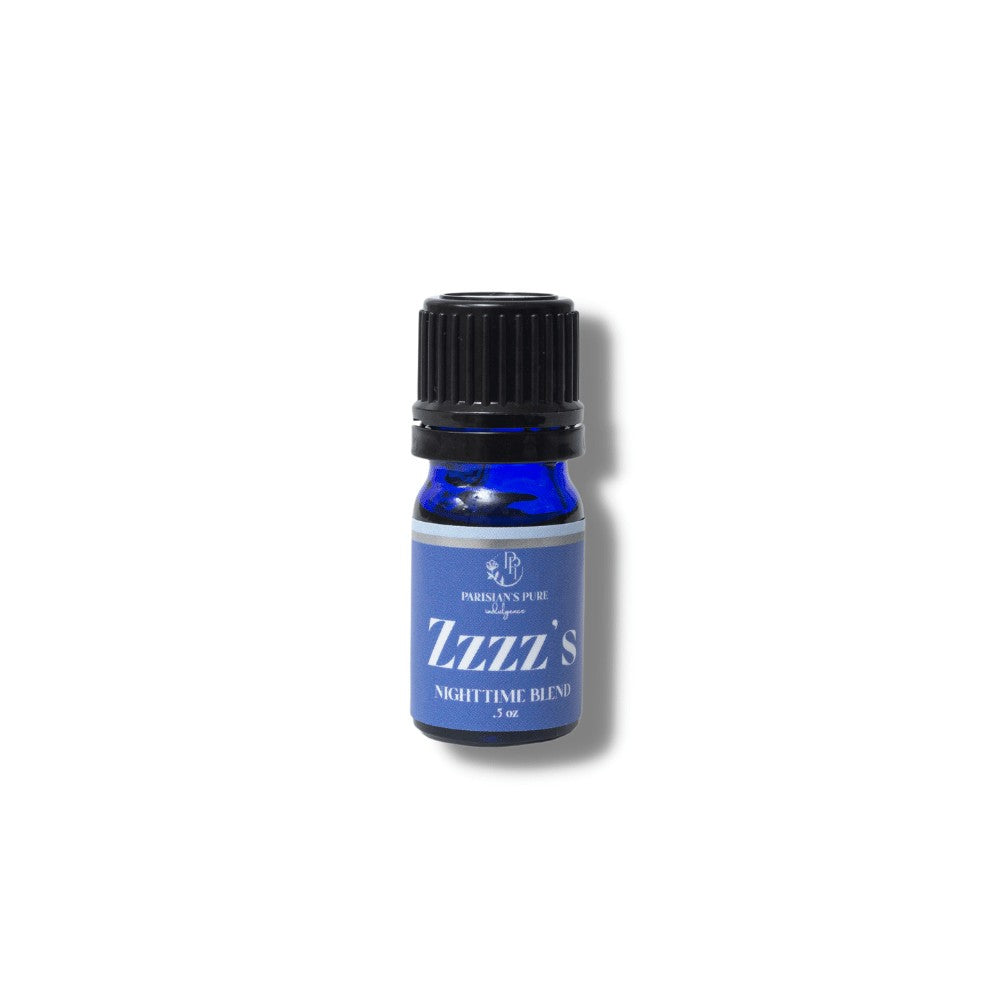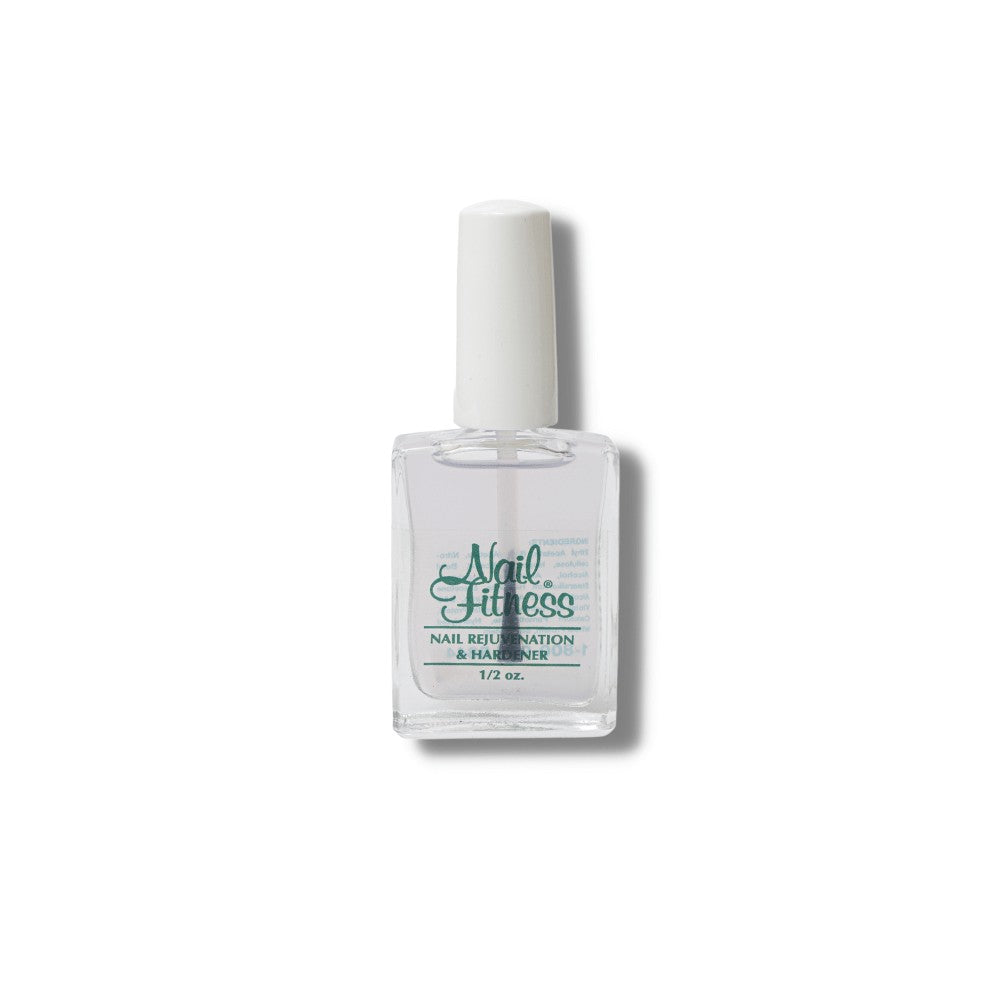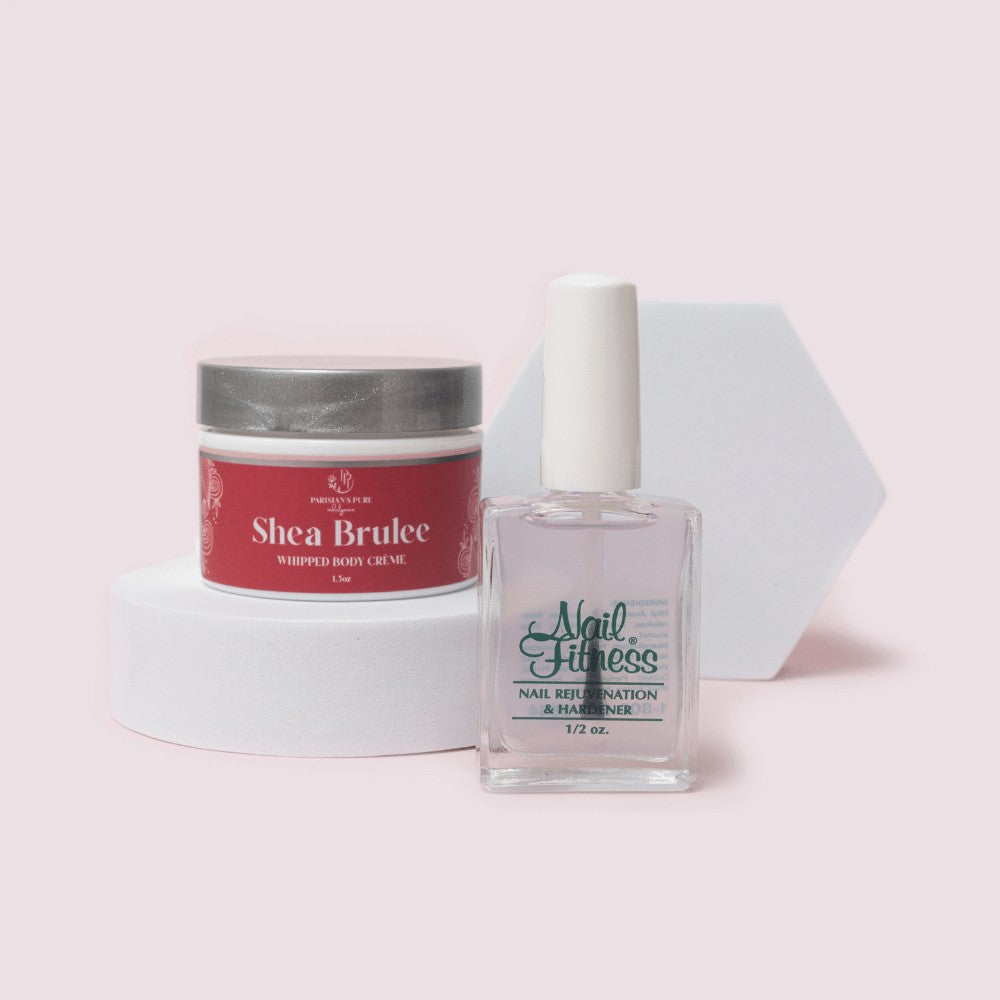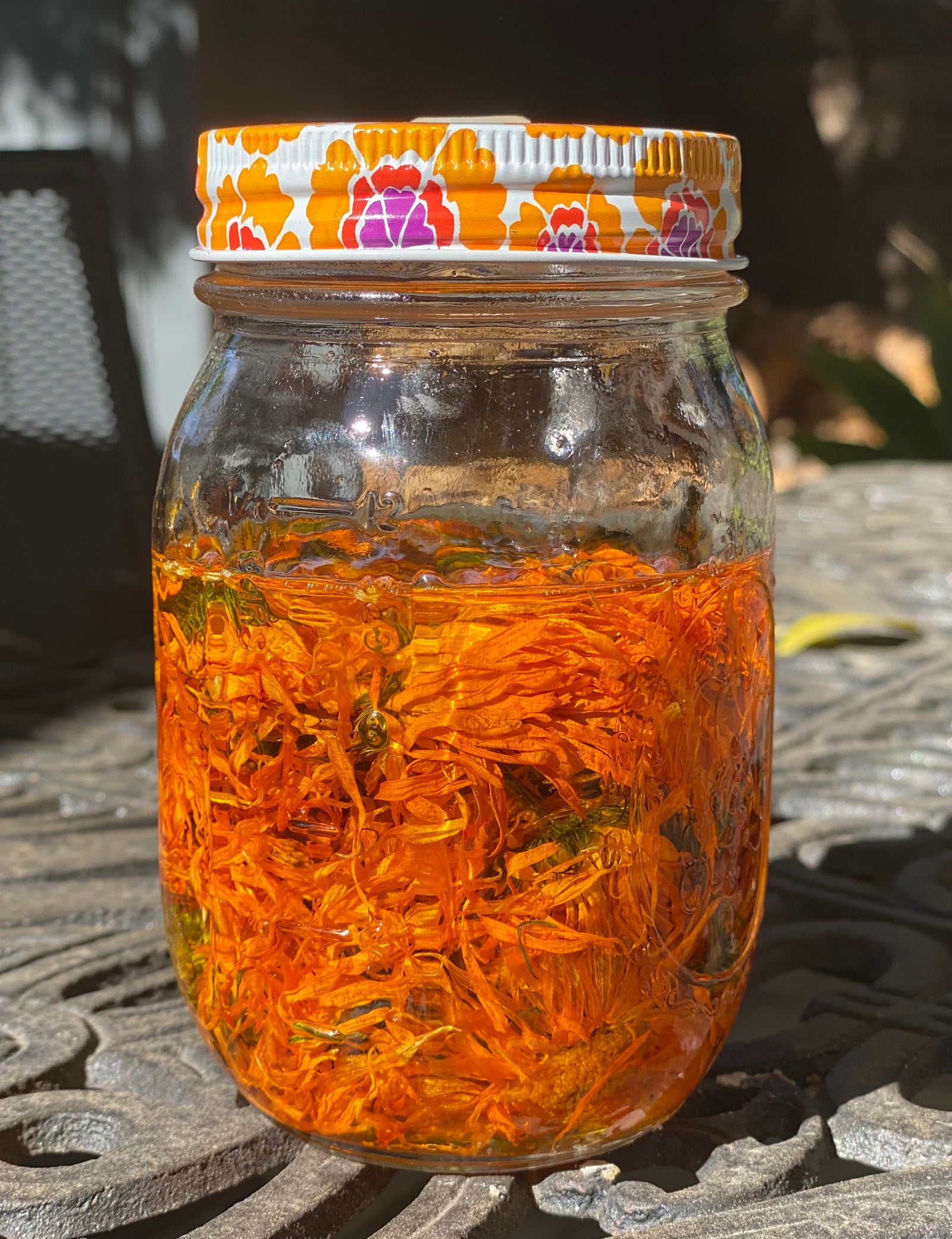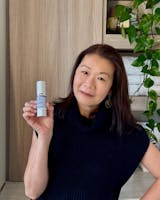What is a Carrier Oil?
You may have heard your favorite aromatherapist talk about the importance of mixing essential oils with carrier oils before using an E.O. on your skin. There's good reason for this--essential oils should neverbe used straight on your skin -sometimes called "neat." They must be mixed with a carrier oil.
Diluting highly concentrated essential oils with a carrier oil spreads a small amount of essential oil over a large skin area, helping to prevent skin irritation and other adverse reactions.
Carrier oils help prevent essential oils from evaporating too, therefore, enhancing their usefulness. It means you’re getting more of the essential oil absorbed into your skin. Also, the therapeutic properties of the essential oil are strengthened and enhanced by the carrier oil you choose.
Where Do Carrier Oils Come From?
Carrier oils are plant oils with little or no scent typically derived from the fatty portion of a plant, usually the nut, seed, or kernels. Carrier oils also have their own unique therapeutic properties. They may also be referred to as base oils.
Confused by carrier oils? How to choose
The type of carrier oil that is best for you depends on your skin type, whether you have any allergies, and how and where you'll be applying the oil.
Carrier Oils for the Face
If you're applying a carrier oil to your face, for instance, look for thinner oils like Grapeseed, Borage, Squalane, or Camellia Seed oil, particularly if you have acne-prone skin.
Carrier Oils for Hair
Applying oils to your hair can help if you're dealing with dry, dull, or damaged hair. Lighter oils such as Grapeseed, Argan oil, or Squalane are best suited for those with fine hair, while thicker oils such as Coconut, Olive, and Hemp Oil are better suited for those with coarse or dry or damaged hair.
9 Carrier Oils We Love and Why
1. Fractionated Coconut Oil - Light and multi-purpose. Does not stain clothing. Does not harden like regular coconut oil. Odorless and tasteless.
2. Evening Primrose - can enhance the texture and elasticity of skin, addressing dryness, irritation, roughness and wrinkles. Evening primrose oil may help relieve symptoms of notoriously difficult-to-treat and painful skin conditions, such as psoriasis and eczema.
3. Rosehip Oil - pressed from the seeds of wild rosehip fruit it was originally used by the Mayans and Native Americans for its healing properties. The phenols in rosehip oil have antibacterial, antiviral, and antifungal properties. High levels of Vitamin C can lead to a brighter, more even complexion.
4. Borage Oil - The GLA (gamma-linolenic acid) in borage oil helps combat the inflammation in acne and rosacea skin conditions. Borage oil is thought to be particularly helpful with acne because its fatty acids help dilute sebum according to this study. People with acne tend to have too much sebum which is a contributing factor in acne.
5. Camellia Oil - supports healthy, supple skin. Assists in perfect-aging for mature skin. Easy absorbed. Rich source of Palmitic and Omega-6 Linoleic fatty acids, as well as numerous anti-aging polyphenol antioxidants.
6. Squalane Oil -olive derived squalane has anti-inflammatory properties that can reduce skin redness and swelling. Because squalane mimics our skin’s natural sebum, or oil, it can actually help to control natural oils. It's a great choice for those with oily skin. Our skin recognizes squalane as a naturally occurring oil and therefore produces less on its own.
7. Grapeseed Oil - is high in linoleic acid, an omega-6 fatty acid that can help control acne by decreasing clogged pores. Acne-prone skin has been found to be deficient in linoleic acid – so adding more of this fatty acid to your skin via grapeseed oil can help with breakouts. Thanks to a high vitamin E and linoleic acid content, grapeseed oil also lightens skin discolorations like acne scars and sunspots.
8. Meadowfoam Oil -has a rich texture makes it the perfect choice for salves, balms, and ointments. This precious oil forms a barrier to lock in skin’s natural moisture and help prevent dryness while softening skin.
9. Jojoba Oil -rich in beauty-boosting vitamins A, E and D, plus antioxidants and fatty acids, jojoba "oil" is actually a wax ester with remarkably similar properties to our skin's own sebum. This means the oil is able to penetrate deeply, reaching below the top layer of skin for maximum nourishment. Jojoba is also naturally antibacterial, antifungal, antiviral, analgesic, hypoallergenic, and anti-inflammatory.
Infused Oils -
We love infusing carrier oils with herbs and flower blossoms. In my office windowsill sits a beautiful mason jar of calendula petals in jojoba oil right now. I'm letting it infuse for 6 weeks and then I'll make a salve for eczema.

